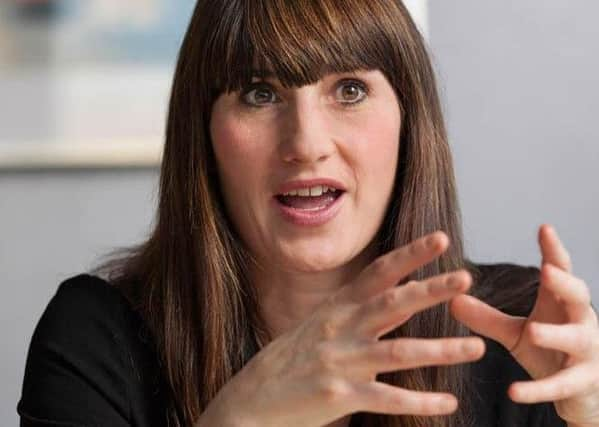Sarah Phillips: Make that expert witness count


It’s common for skilled witnesses to be instructed in personal injury and medical negligence claims: doctors, surgeons and psychiatrists are often the only people who are properly qualified to advise the court about the cause of the injury, the impact of it and the future prognosis for the injured party. Other specialist experts will often help the court with questions of negligence in more technically complex cases involving health and safety or occupational health issues. Skilled witnesses can also be involved in a wide variety of cases, including in contract, financial and accounting and engineering disputes.
Importantly, skilled witnesses must not only be experts in their area. As part of fulfilling their duty to the court they must also remain impartial and independent and be fully advised on the detail of the case. If the circumstance of their instruction show they may not be, their evidence may be “inadmissible” or deemed to have less weight, all of which could affect the outcome of the case.
Advertisement
Hide AdAdvertisement
Hide AdThe obligations on skilled witnesses were clearly outlined in the 2016 Supreme Court case of Kennedy v Cordia:
• Make sure that the evidence they give is not influenced by the fact that the issue is going to court
• Provide independent assistance to the court by giving an objective and unbiased opinion in relation to matters which are within their expertise
• Ensure they do not act as an advocate for either party – their job is to assist the court by speaking about facts, not the rights and wrongs of the case
• Set out the material facts and assumptions which they have based their evidence upon
• Make it clear when they cannot answer a particular question because it is outside of their expertise
• Make it clear that their opinion is provisional only if they do not have all the data they need in order to provide a definite opinion
• Tell the other party to the case about any change in his opinion and, if appropriate, tell the court too, without delay
Advertisement
Hide AdAdvertisement
Hide Ad• Provide copies of all photographs, plans, calculations and relevant documentation referred to in any report they have prepared to the other side at the same time as the report
One area which has come under the spotlight is a contingency fee arrangement for a skilled witness. This can exist, although it’s not common. It’s where a skilled witness is paid for the work done only if the party who instructed them wins their case.
The Sheriff Appeal Court recently considered this. In the case of Armstrong & Others v ERS Syndicate Management Ltd, the court said it would consent to a contingency fee arrangement’ between a party and a skilled witness only in very rare circumstances. This is because the contingency fee arrangement gives the skilled witness a financial interest in the outcome of the proceedings and, it could be said, this might colour their evidence and jeopardise their objectivity.
Another recent decision of the Court of Session involving a skilled witness – Taylor v Dailly Health Centres – showed that those instructing experts must make them aware of any contradictory evidence that exists. The case highlighted that where expert witnesses need to work from the evidence provided by eye witnesses, it’s important that information is as complete, accurate and consistent as possible. There the court noted that the evidence of one of the expert witnesses was provided on a factual basis different to the one which the court found was established.
Those thinking of using an expert witness should ensure that they can put forward one who can remain independent, impartial and knows the full details of the case. Failure to do so may lead to the evidence of skilled witness being deemed inadmissible or of lesser value, and, ultimately, to a lost case.
Sarah Phillips is a director specialising in defender litigation at Anderson Strathern LLP